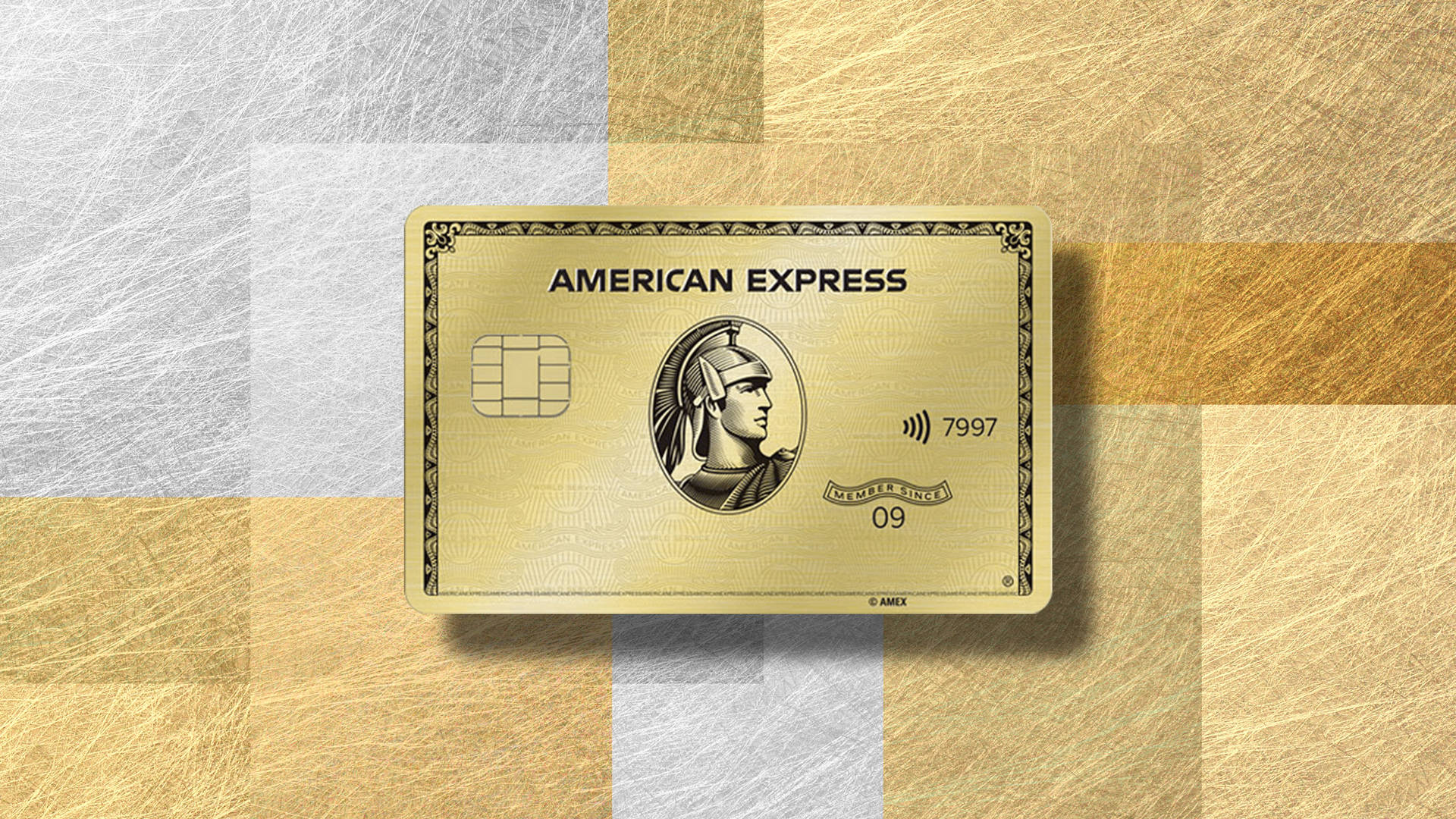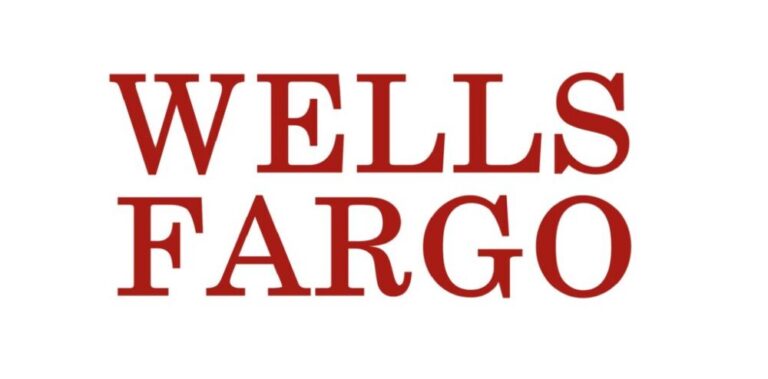The Pros and Cons of Using Credit Cards for Building Personal Credit

The Financial Landscape of Credit Cards
In today’s financial landscape, understanding how to effectively build personal credit is crucial. One of the most common methods involves the use of credit cards. These financial tools can offer a wide array of benefits that can significantly impact your credit score.
Credit cards have transformed from being mere plastic payment methods to strategic financial instruments that can help individuals gain control over their finances. However, while they present numerous advantages, they also come with notable risks. Navigating this territory wisely ensures that individuals can reap benefits while safeguarding their financial health.
Advantages of Using Credit Cards
- Convenience in making purchases: Credit cards allow for quick and easy transactions, whether you’re shopping online or making in-store purchases. With a simple swipe or click, you can complete a transaction, making credit cards particularly useful in today’s fast-paced world.
- Rewards and cash-back options: Many credit cards come with enticing rewards programs that offer cash back, points, or travel miles for every dollar spent. For example, cards associated with airline companies can earn you free flights, while cash-back cards might put 1.5% to 5% of your spending back into your pocket. This incentivizes responsible spending and can add up to significant benefits over time.
- Building a credit history: Using a credit card responsibly contributes positively to your credit history. Timely payments and maintaining low credit utilization can increase your credit score, allowing you to secure better loans and interest rates in the future. It’s a stepping stone to ensuring long-term financial stability.
Disadvantages of Credit Cards
- Potential for debt accumulation: One of the most significant risks of credit cards is the ease with which one can accrue debt. It can be tempting to spend beyond one’s means, leading to financial stress and potential bankruptcy if not carefully managed.
- Impact of high interest rates: Credit cards often come with high-interest rates, which can escalate quickly if the balance isn’t paid off in full each month. For example, an average credit card APR can range from 15% to 25%, meaning that unpaid balances can grow substantially over time.
- Risk of damaging your credit if mismanaged: Failing to make timely payments or maxing out a credit card can lead to a decrease in your credit score. This can affect your ability to apply for loans, rent a home, or even secure favorable job opportunities in fields where credit checks are a standard practice.
Making Informed Decisions
As more Americans turn to credit cards to enhance their financial status, it is imperative to weigh these pros and cons carefully. Understanding how these factors intertwine can empower you to make informed decisions, allowing you to leverage credit cards to your advantage while avoiding common pitfalls. Learning about interest rates, rewards programs, and credit utilization ratios can significantly enhance your financial acumen. Take the time to research options, perhaps even speak with a financial advisor, to ensure you’re optimizing your credit card use without falling prey to its pitfalls. The financial landscape is ever-evolving, and being part of it means being educated and proactive.
DON’T MISS OUT: Click here for more details
Evaluating the Benefits of Credit Cards in Personal Credit Building
The allure of credit cards extends beyond mere convenience; they play a pivotal role in shaping one’s financial future. For many, credit cards are a fundamental tool in establishing a robust credit profile. However, as with any financial product, their benefits must be assessed alongside their drawbacks. Let’s delve deeper into the intriguing advantages that credit cards bring to the table.
Exploring the Benefits
Credit cards can significantly enhance your financial landscape, primarily through the following advantages:
- Accessibility to Credit: For individuals seeking to build credit, obtaining a credit card is often more straightforward than securing a traditional loan. Many banks offer options for first-time cardholders or those with limited credit history, making it feasible to start building credibility in the eyes of lenders.
- Increased Credit Score: Using a credit card responsibly can lead to an improved credit score over time. Payment history accounts for 35% of your FICO score, the most commonly used credit scoring model. By making on-time payments and keeping your credit utilization ratio below 30%, you can witness a substantial increase in your score.
- Financial Flexibility: Credit cards are not just a means to purchase goods; they also provide financial freedom in emergencies. In case of unexpected expenses, having a credit card allows users to access funds quickly without the need for a cash advance or personal loan, easing the burden during trying times.
- Protection Against Fraud: Using credit cards often comes with enhanced fraud protection compared to debit cards. If a transaction is disputed, federal law limits your liability to $50 for unauthorized charges, and many credit card companies waive this entirely for their cardholders. This added layer of security can protect your finances and credit standing.
The Financial Incentives
Beyond the fundamental benefits of credit usage, many credit cards offer financial incentives that can lead to further advantages. For instance:
- Introductory Offers: Numerous credit cards entice new users with 0% APR on purchases or balance transfers for an introductory period. This allows cardholders to make larger purchases without accruing interest immediately, offering a strategic financial advantage when managed wisely.
- Ongoing Rewards Programs: Many cards provide rewards such as points for travel, cashback, or discounts on purchases when used in specific categories. By aligning your spending habits with the rewards offered, you can effectively turn your everyday expenses into savings or benefits, enhancing your financial toolkit.
These benefits make credit cards a powerful ally in your quest for better personal credit. However, understanding how to navigate this financial tool is paramount. By leveraging credit cards wisely, you can maximize their advantages while minimizing the associated risks. As you reflect on these points, remember that informed choices lead to greater financial freedom.
DISCOVER MORE: Click here for details
Recognizing the Risks of Relying on Credit Cards for Credit Building
While the advantages of using credit cards for building personal credit are compelling, it is equally important to understand the potential pitfalls that come along with them. Many first-time users or those new to credit may not fully grasp the ramifications of mismanaging this financial tool, which can ultimately hinder rather than help their credit journey. Let’s explore some of the significant risks associated with credit card usage.
Understanding the Potential Drawbacks
Though credit cards can be beneficial in establishing credit, several drawbacks warrant close attention:
- Debt Accumulation: One of the most significant risks of credit card use is debt accumulation. It’s all too easy to overspend on a credit card, resulting in high balances that can lead to overwhelming debt. The temptation to finance lifestyle choices can result in cardholders accruing balances that are difficult to repay, leading to long-term financial strain.
- High-Interest Rates: Credit cards often come with high-interest rates. If the balance isn’t paid in full each month, cardholders can quickly find themselves facing steep finance charges that add to their debt. According to the Federal Reserve, the average interest rate for credit cards as of 2023 hovers around 19%, making it expensive to carry a balance.
- Impact on Credit Score: While responsible use can boost credit scores, poor management can have the opposite effect. Factors like late payments, high credit utilization, and frequent hard inquiries can drag down your score significantly. A poor credit score can affect future loan approvals, insurance rates, and even job applications, as employers increasingly check credit histories during the hiring process.
The Hidden Costs of Rewards
While several credit cards boast enticing rewards programs, it’s essential to recognize how these perks can sometimes come with hidden costs:
- Spending Traps: The allure of earning rewards can encourage excessive spending, leading cardholders to buy items they don’t need. What’s perceived as a benefit can quickly turn into a financial burden if it leads to debt.
- Annual Fees: Many reward-based credit cards require cardholders to pay annual fees, which can range from modest to substantial amounts. If the benefits do not outweigh the cost of the annual fee, users might find themselves better off with a no-annual-fee card that offers lower rewards.
Additionally, cardholders need to remain vigilant about their credit utilization ratio, which measures how much of their available credit is in use. Keeping this ratio below 30% is advisable for maintaining a healthy credit score. The temptation of having accessible credit can often lead individuals to max out their cards, inadvertently sabotaging their credit-building efforts.
Psychological Implications
The psychological aspects of credit card usage also deserve consideration. The sense of having available credit can lead to a false sense of security regarding one’s financial situation. Some individuals may unconsciously adopt a lifestyle of living beyond their means, thinking that credit cards are an endless source of funds. This behavior can create long-term financial challenges that extend well beyond mere credit scores.
While credit cards can serve as a valuable tool for building credit if utilized wisely, it’s imperative for users to tread carefully. Balancing the enticing perks with the potential risks ensures that individuals can navigate the complexities of credit card usage without falling victim to common pitfalls. Understanding both sides of the ledger can empower individuals in their financial journeys, leading them to informed and strategic choices.
DON’T MISS OUT: Click here to learn how to get your voter ID sorted
Final Thoughts on Credit Cards as a Credit Building Tool
As we navigate the multifaceted realm of personal finance, the decision to use credit cards for building personal credit hinges on balancing potential rewards with inherent risks. On the one hand, when managed responsibly, credit cards can significantly enhance one’s credit score, open doors to favorable loan terms, and even provide bonuses through rewards programs. However, the drawbacks, such as debt accumulation, high-interest rates, and the pressures of overspending, can have detrimental impacts if not approached with caution.
To maximize the benefits of credit cards, it’s essential to cultivate smart financial habits—paying off balances in full, monitoring spending, and maintaining a utilization rate below 30%. Moreover, understanding the nuances of different credit card offers allows consumers to select cards that align with their financial goals without falling prey to unnecessary fees or spending traps.
Before diving into the world of credit cards, consider reflecting on your financial landscape and personal tendencies. Are you prepared to use credit cards as a tool for building credit rather than a means to finance lifestyle choices? By answering this question, you can make informed decisions that contribute positively to your long-term financial health.
Ultimately, credit cards can be powerful allies in your credit-building journey, provided that you approach them with discipline and a clear understanding of your financial goals. By remaining educated and vigilant, you can navigate the credit landscape effectively and unlock the many opportunities that a robust credit score can offer.



